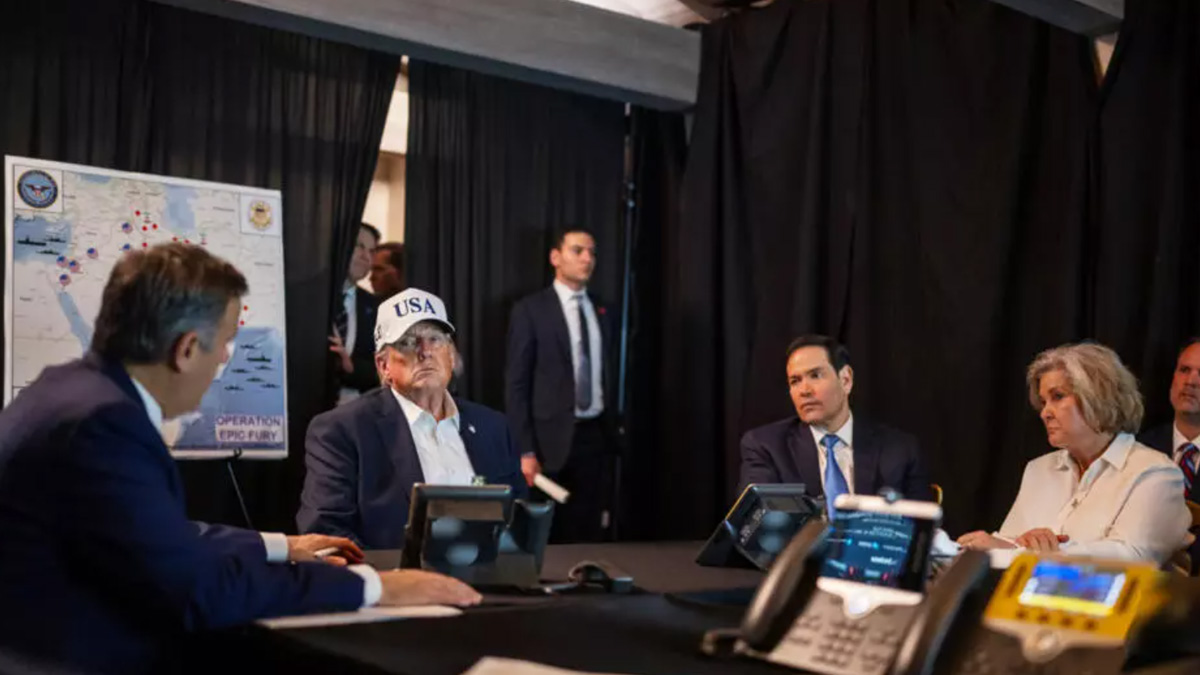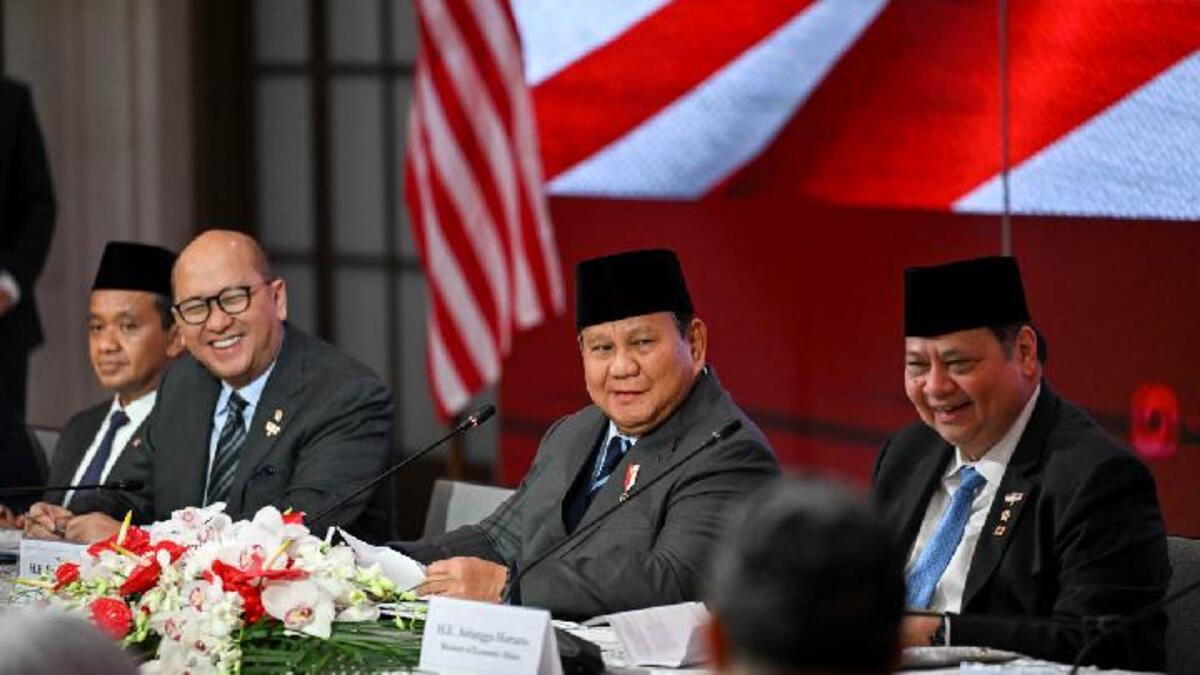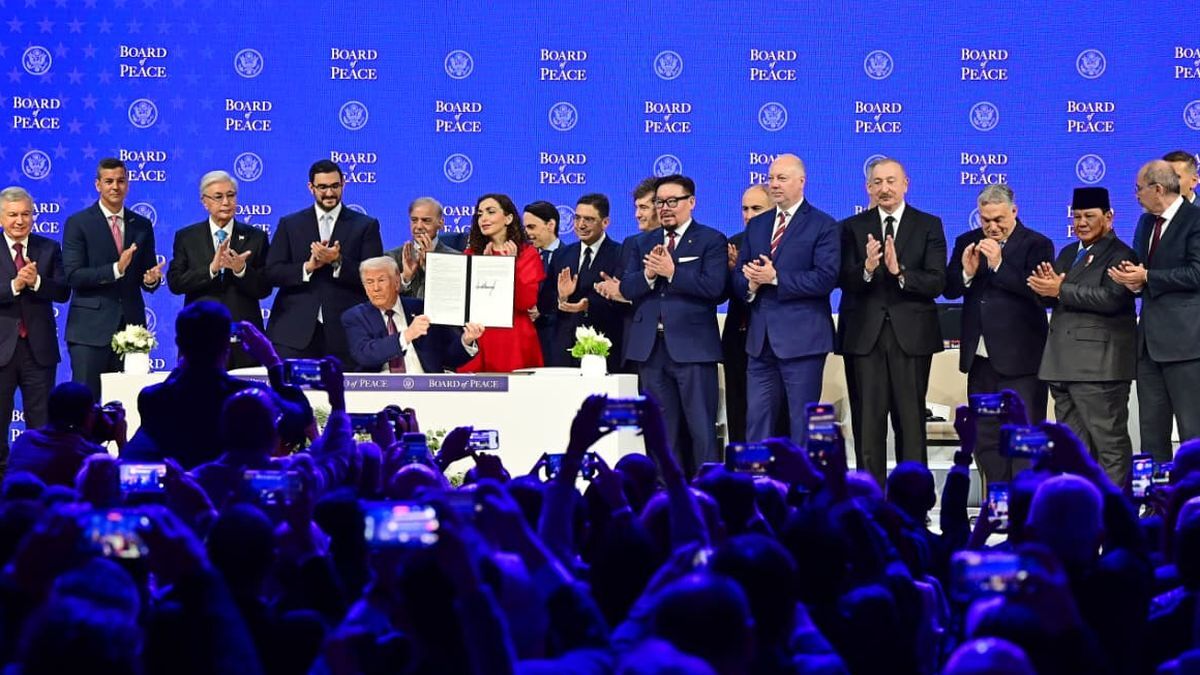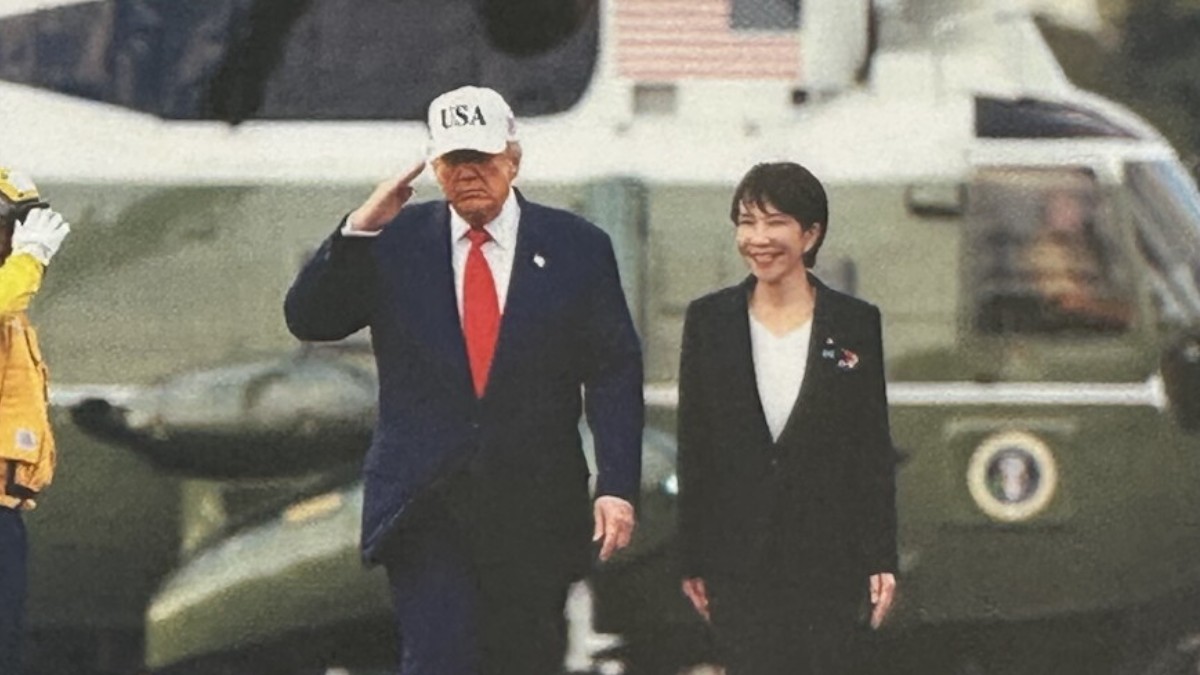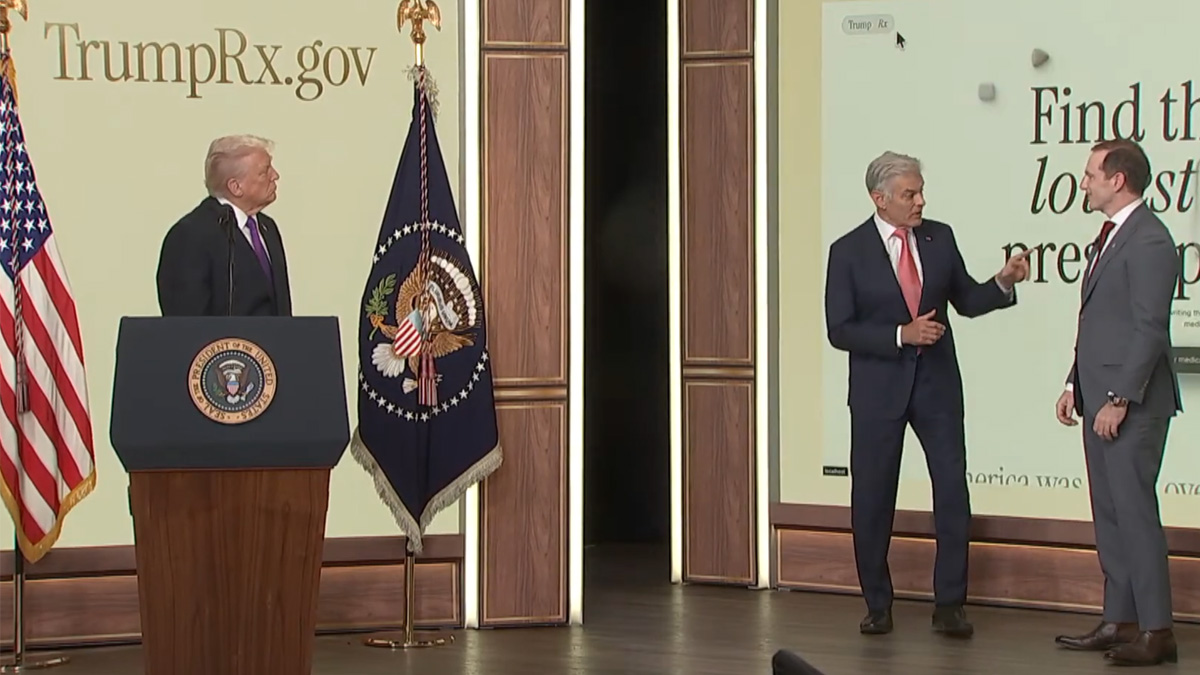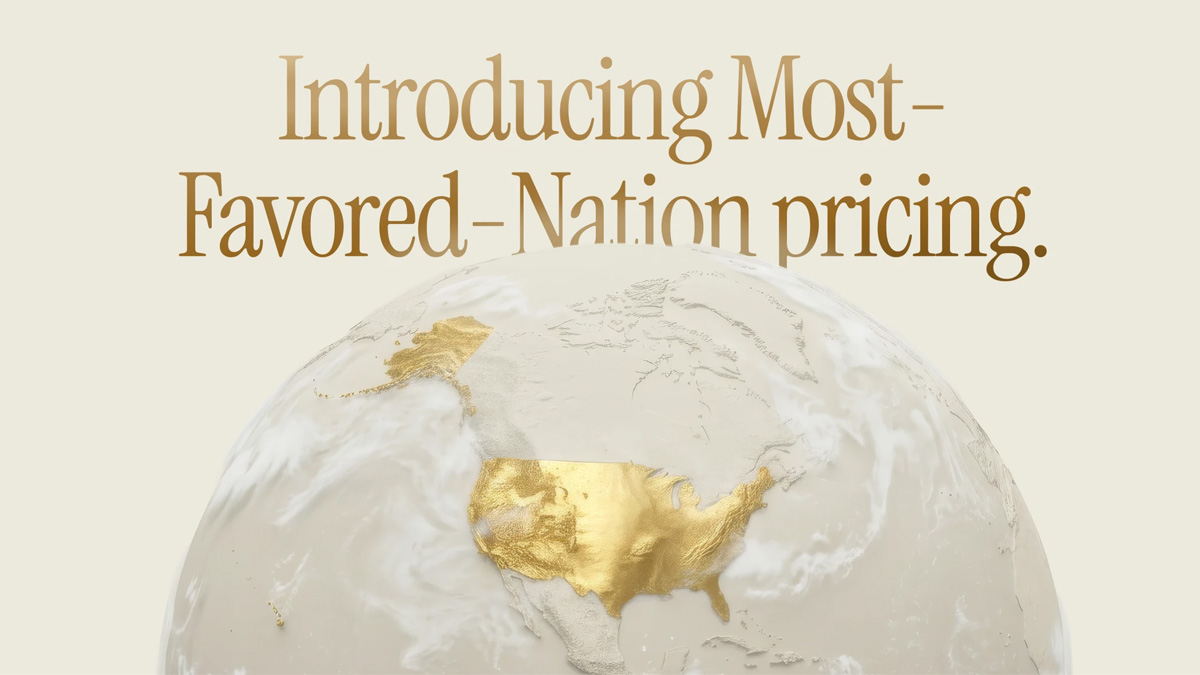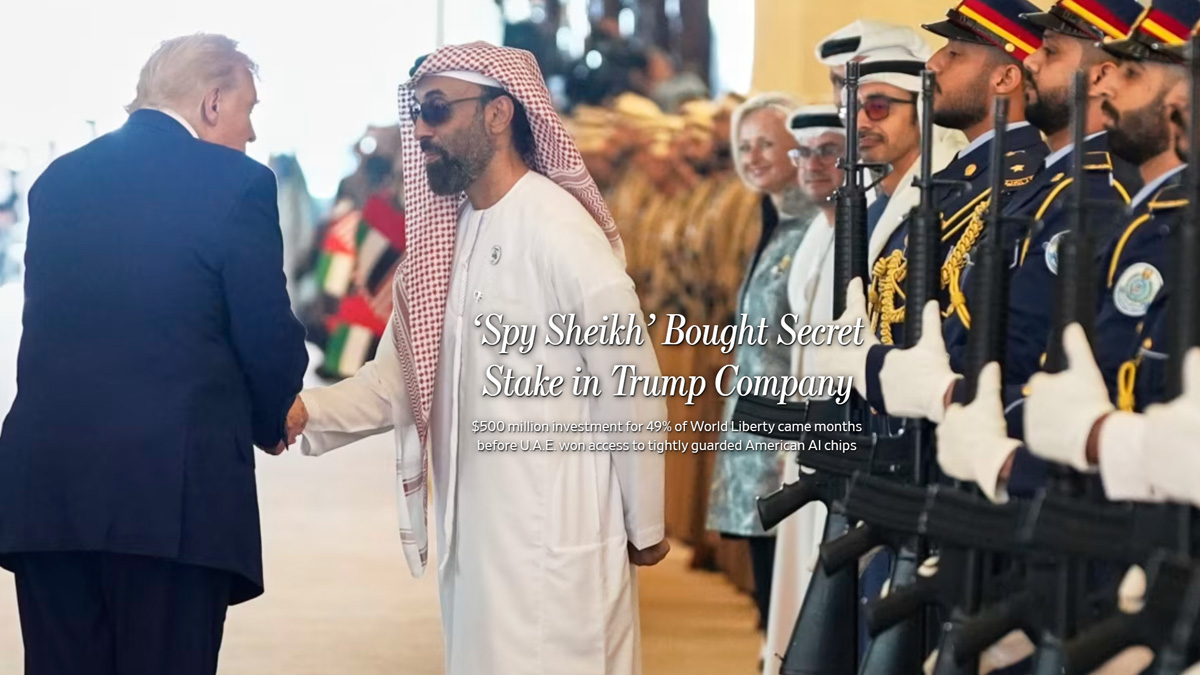US lawmakers release Epstein files implicating high-profile figures including Trump, Andrew, and Mandelson
More than 20,000 pages of documents from Jeffrey Epstein's estate were released by US lawmakers, with emails referencing Donald Trump, Andrew Mountbatten-Windsor, and Peter Mandelson. The release has reignited scrutiny over Epstein’s ties with powerful individuals.

- Over 20,000 pages of Jeffrey Epstein’s records have been made public, revealing correspondence with US President Donald Trump, Andrew Mountbatten-Windsor, and Peter Mandelson.
- Democrats and Republicans both released documents, accusing each other of manipulation and political spin.
- President Trump and his representatives deny all wrongdoing, calling the release a distraction by Democrats.
US lawmakers have released over 20,000 pages of documents from the estate of the late financier and convicted sex offender Jeffrey Epstein.
Among the files are numerous emails and personal communications referencing US President Donald Trump, Andrew Mountbatten-Windsor (formerly Prince Andrew), and UK politician Peter Mandelson.
The release, made on 12 November, was led initially by House Democrats, who published selected emails from the trove. Within hours, Republicans on the House Oversight Committee followed by releasing the full tranche, accusing their Democratic counterparts of attempting to create a politically motivated narrative by selectively disclosing material.
The documents span years of Epstein’s personal communications and reflect his long-standing connections to some of the most powerful figures in global politics, including those who have long denied involvement in or knowledge of his criminal conduct.
Emails highlight President Trump’s association with Epstein
Among the most significant disclosures are three email exchanges referencing or involving US President Donald Trump, including communications between Epstein and his long-time associate Ghislaine Maxwell, and between Epstein and journalist Michael Wolff.
In a 2011 email to Maxwell, Epstein wrote, “I want you to realize that that dog that hasn’t barked is Trump… [VICTIM] spent hours at my house with him.” He went on to note that Trump “has never once been mentioned,” including by a “police chief.” Maxwell’s reply reads: “I have been thinking about that…”

Although the Democrats redacted the name of the victim in their version, the unredacted Republican release revealed it to be “Virginia,” which the White House has interpreted as referring to Virginia Giuffre — a central accuser in the Epstein scandal, who died by suicide earlier this year.
Giuffre had previously stated in a 2016 deposition that she never saw President Trump engage in abuse and, in her 2024 memoir, made no allegations against him. White House Press Secretary Karoline Leavitt said in a statement that Giuffre had “repeatedly said President Trump was not involved in any wrongdoing whatsoever and ‘couldn’t have been friendlier’ to her in their limited interactions.”
Michael Wolff and Epstein discuss Trump campaign strategy
Emails between Epstein and Michael Wolff, an author known for his books on President Trump, show Epstein actively speculating about Trump’s presidential ambitions in 2015 and 2016.
In one exchange, Epstein asks Wolff what Trump should say in response to media inquiries about their relationship. Wolff replies: “I think you should let him hang himself,” suggesting that if Trump denied visiting Epstein’s properties, it could provide Epstein with leverage. Wolff added that if Trump appeared likely to win, Epstein could “save him,” thus creating a debt.
Another email from October 2016 offers Epstein an opportunity to “talk about Trump in such a way that could garner you great sympathy and help finish him.” The January 2019 exchange quotes Epstein saying Trump had once claimed to have expelled him from Mar-a-Lago but was “never a member ever.” Epstein adds that Trump “knew about the girls as he asked Ghislaine to stop.”
Reacting to the disclosures, Wolff said in an Instagram video: “Some of those emails are between Epstein and me… I have been trying to talk about this story for a very long time now.”
President Trump, responding on his Truth Social platform, dismissed the revelations as part of a Democratic ploy to distract from domestic policy failures, particularly regarding the recent government shutdown. He called the emails “a Jeffrey Epstein Hoax” and warned Republicans against falling into a “trap” set by Democrats.
Andrew Mountbatten-Windsor reacts to 2011 allegations
One of the newly released documents includes an email from March 2011, involving Andrew Mountbatten-Windsor and Maxwell, forwarded by Epstein. The email concerned a “right of reply” from the Mail on Sunday regarding allegations that Andrew had engaged in sexual activity with a masseuse introduced by Epstein.
Andrew’s reply reads: “Hey there! What’s all this? I don’t know anything about this! You must SAY so please. This has NOTHING to do with me. I can’t take any more of this.”
The Mail on Sunday subsequently published an article on 6 March 2011, featuring a photo of Andrew with Virginia Giuffre. Andrew has consistently denied all allegations, stating that he has no recollection of meeting Giuffre and has never faced criminal charges.
Peter Mandelson in contact with Epstein post-conviction
The documents also show UK peer Peter Mandelson was in contact with Epstein in 2015 and 2016 — years after Epstein had served time for child sex offences. The former business secretary, who was dismissed as UK ambassador to the US earlier this year over his Epstein links, previously admitted to regretting the association.
In an email dated 6 November 2015, Epstein wrote to Mandelson on the occasion of his birthday: “63 years old. You made it.” Mandelson replied within 90 minutes, joking: “Just. I have decided to extend my life by spending more of it in the US.”
Epstein replied, referencing the US election and “the Donald White House,” while also noting: “You were right about staying away from Andrew.”
The emails offer a previously unreported window into Epstein’s influence over Mandelson even years after his conviction. Mandelson declined to comment when approached by the BBC.
Partisan fallout and renewed public scrutiny
The release has reignited a fierce political battle on Capitol Hill. House Republicans accused Democrats of “cherry-picking” documents to smear President Trump during an election cycle. Democrats argued that transparency over Epstein’s high-profile connections was essential and denied politicising the issue.
The controversy comes as President Trump faces mounting legal and political challenges, including a US$10 billion lawsuit against Rupert Murdoch and The Wall Street Journal over reporting on his Epstein ties.
The House Oversight Committee described the release as part of a bipartisan effort. However, public statements by committee members and the near-simultaneous but differing disclosures by party lines underscore deep divisions in interpreting the material.
Legal experts note that the documents, while damning in implication, do not constitute criminal evidence unless corroborated by witnesses or substantiated further. Nonetheless, they offer a rare glimpse into Epstein’s communications and his understanding of his connections to power.


